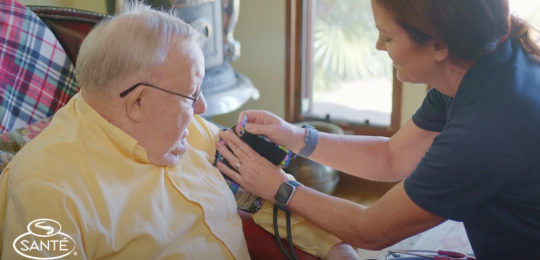 Comfort-Focused Palliative Care: Providing Relief and Dignity
Comfort-Focused Palliative Care: Providing Relief and Dignity
When facing a serious illness or recovering from major surgery, pain management and quality of life become paramount concerns for you and your loved ones. Palliative care offers specialized medical …
Read more










